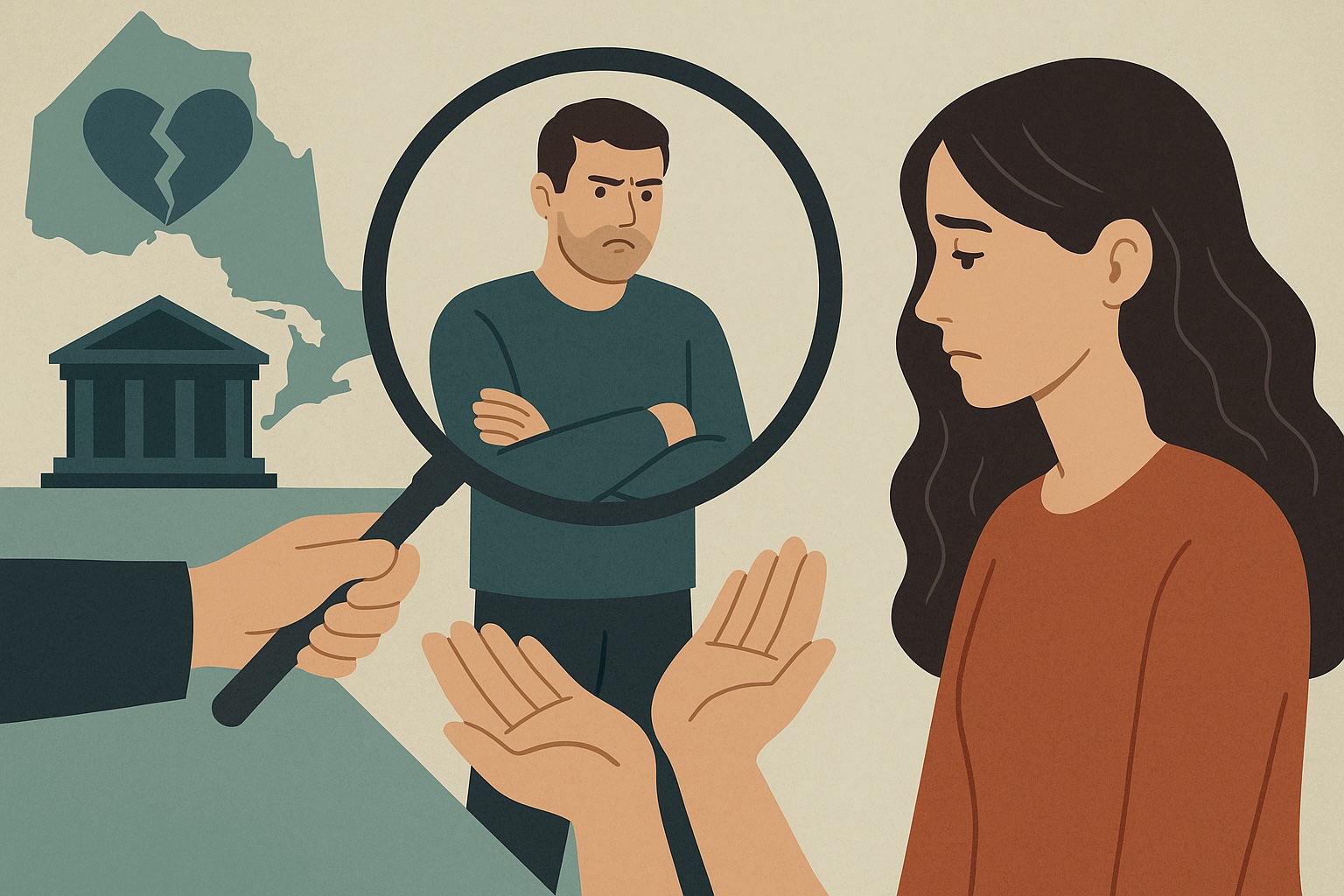📰 Ontario’s Clare’s Law Debate: Could Bill 274 Have Prevented More Domestic Violence?
Clare’s Law allows individuals to request police checks on partners with a history of abuse. Ontario’s proposed 2021 version failed, but advocates argue it remains crucial.

In 2021, Ontario MPP Jennie Stevens introduced Bill 274: Intimate Partner Violence Disclosure Act, a proposal modeled after the UK’s Clare’s Law. The bill would have allowed individuals to ask police whether their partner had a history of abuse — giving potential victims a tool to make safer decisions before abuse escalated.
Though the bill was ultimately defeated, the idea continues to spark debate across Ontario, especially as intimate partner violence (IPV) rates climb and more municipalities declare IPV an epidemic. Advocates argue the province missed an opportunity to add an early intervention mechanism, while critics raise questions about privacy and safety.
What is Clare’s Law?
Clare’s Law originated in the United Kingdom after the murder of Clare Wood, who was killed by a partner with a known violent past. Authorities later revealed her partner’s abusive record — something she had no way of knowing.
The law was designed to prevent such tragedies by:
Giving police discretion to disclose an individual’s violent history to current or potential partners.
Allowing individuals to request information proactively if they suspect danger.
Creating a formal pathway for early intervention and survivor protection.
Since its introduction, Clare’s Law has been adopted in several Canadian provinces, including Alberta and Saskatchewan, and is under consideration in others.
Why Ontario Considered Clare’s Law
Ontario’s proposed version — Bill 274 — had three core goals:
Empower Individuals
Survivors or those in new relationships could make informed choices by knowing whether a partner had a history of violence.
Strengthen Early Intervention
Disclosures could help prevent abuse from escalating by alerting survivors before violence occurred.
Encourage Collaboration
The bill envisioned closer cooperation between police services, survivor advocates, and community organizations to provide wraparound support.
Supporters believed Clare’s Law could serve as both a preventive tool and an awareness mechanism, reducing reliance on crisis services after violence had already occurred.
Criticism and Concerns
Not everyone agreed that Clare’s Law was the right fit for Ontario. Opponents raised several concerns:
1. Privacy and Civil Liberties
Critics argued that disclosing personal histories could violate privacy rights and potentially stigmatize individuals without convictions.
Legal experts questioned whether Ontario had adequate safeguards in place to avoid misuse.
2. Survivor Safety Risks
Advocates warned that disclosure alone was not enough. Without access to safe housing, legal protections, and counseling, survivors might face greater danger after learning about a partner’s history.
3. Limited Effectiveness
Opponents noted that police records only capture reported incidents, leaving many abusers’ histories invisible.
There were concerns disclosures might create a false sense of security for those told their partner had “no record.”
Where It Stands Today
Bill 274 was defeated in 2021, meaning Ontario never implemented Clare’s Law. But the debate has not gone away. With:
95 municipalities declaring IPV an epidemic,
62 femicides in Ontario in 2024, and
shelters turning away hundreds of survivors nightly,
many argue that Clare’s Law could be more relevant than ever.
Other provinces’ experiences provide valuable lessons:
Alberta: Survivors have used the law to exit unsafe relationships earlier.
Saskatchewan: Early reports suggest it helps raise awareness, though implementation challenges remain.
Ontario has yet to revisit the bill, but rising pressure from advocacy groups may push the province to reconsider.
Why This Debate Matters
Clare’s Law highlights the tension between protection and privacy. Supporters see it as an urgent tool for prevention, while critics stress that disclosure without services leaves survivors vulnerable.
In a province where survivors are often trapped due to housing shortages, long court delays, and systemic underfunding, many advocates believe Ontario must adopt a layered approach: Clare’s Law plus strong shelter networks, legal protections, and economic supports.
Conclusion
Ontario’s decision to defeat Bill 274 in 2021 left survivors without access to a tool that could have provided early warnings about violent partners. With IPV cases climbing and communities across the province declaring violence an epidemic, Clare’s Law is resurfacing in public debate.
The question is no longer whether Ontario should consider it, but whether it can afford not to. Survivors deserve every possible tool to prevent harm — and Clare’s Law may be one step toward closing dangerous gaps.
FAQs
1. What is Clare’s Law?
A disclosure system that allows individuals to ask police whether their partner has a history of abuse.
2. Has Ontario adopted Clare’s Law?
No. Ontario’s Bill 274, introduced in 2021, was defeated.
3. Which provinces in Canada have Clare’s Law?
Alberta and Saskatchewan, with others considering similar legislation.
4. What are the benefits of Clare’s Law?
It helps survivors make informed decisions about relationships and can prevent escalation of abuse.
5. Why do some oppose Clare’s Law?
Concerns include privacy rights, incomplete police records, and limited effectiveness without strong survivor support systems.
